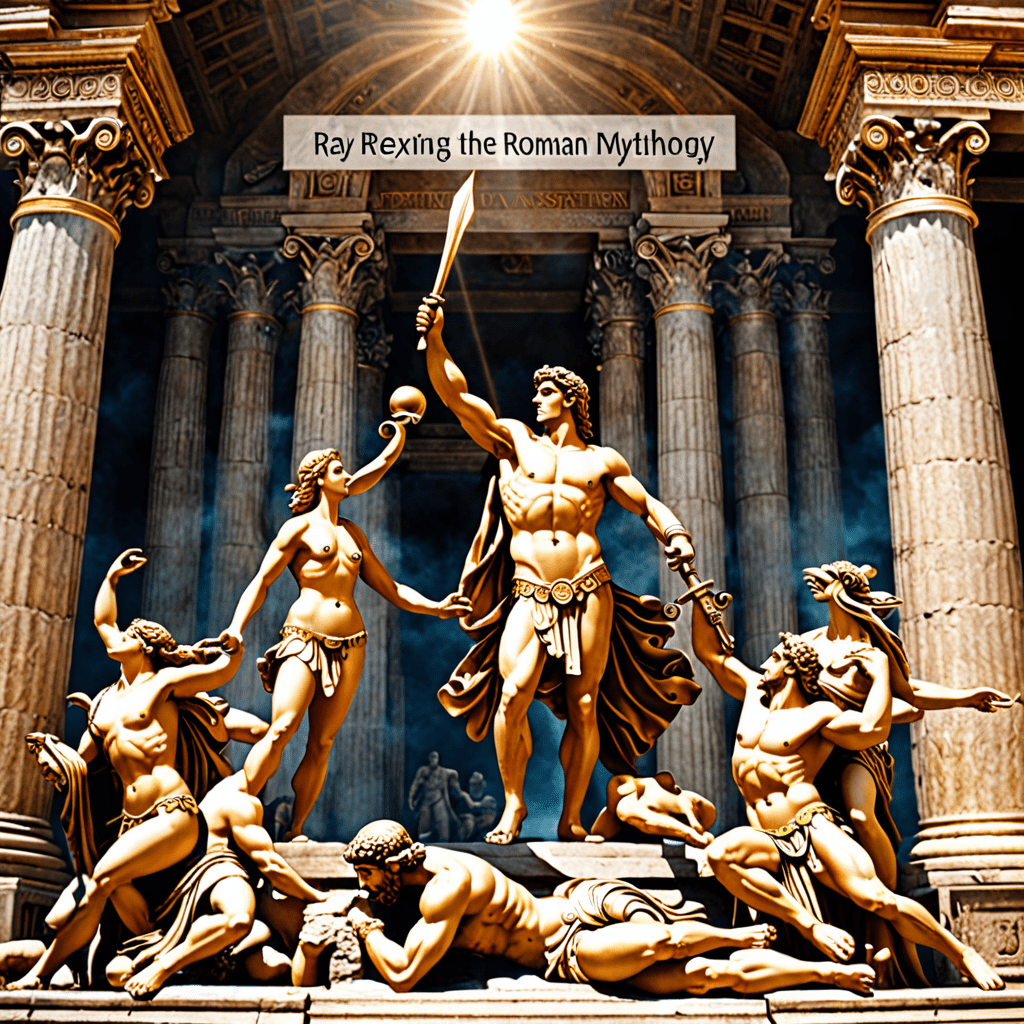The Ever-evolving World of Roman Mythology
Roman mythology is a vast and captivating realm filled with stories of gods, goddesses, and mythical creatures. One fascinating aspect that draws in enthusiasts is the concept of adaptation and evolution within these tales.
Roots of Roman Mythology
Before delving into adaptation, it’s crucial to understand the origins of Roman mythology. The Romans heavily borrowed from Greek mythology, adapting and incorporating Greek deities and stories into their own beliefs. This fusion gave rise to a rich tapestry of myths that evolved over time to suit the Roman culture and values.
Adaptation in Roman Mythology
Adaptation was inherent in Roman mythology as the Romans assimilated and integrated foreign deities into their pantheon. For example, Zeus became Jupiter, and Aphrodite transformed into Venus. The adaptation was not merely about renaming gods; it also involved imbuing these deities with attributes and characteristics aligned with Roman ideals and societal needs.
Evolution of Roman Mythology
Throughout history, Roman mythology continued to evolve. As the Roman Empire expanded, new cults and beliefs influenced and shaped the existing stories. The narrative of individual gods evolved to reflect the changing political landscape, social norms, and values of the time.
The myths also underwent transformation through oral storytelling and later written records. Different versions of the same myth emerged, reflecting regional variations and personal interpretations, adding layers of complexity and depth to the overall narrative.
In conclusion, the concept of adaptation and evolution is deeply ingrained in Roman mythology, making it a dynamic and ever-changing tapestry of stories that continues to captivate and inspire to this day.
FAQs about Exploring the Concept of Adaptation and Evolution in Roman Mythology
What is adaptation in Roman mythology?
Adaptation in Roman mythology refers to how stories and figures evolved over time to suit changing cultural, social, and political contexts, reflecting the adaptability of myths to new narratives.
How did Roman mythology evolve over time?
Roman mythology evolved through a process of syncretism, where Roman deities were often equated with Greek counterparts, leading to a blending of beliefs and narratives that shaped the Roman mythological landscape.
Why is understanding adaptation and evolution important in Roman mythology?
Understanding adaptation and evolution in Roman mythology helps us unravel the intricate layers of meaning behind the myths, showcasing how they were reshaped to resonate with the Roman society and beliefs of different periods.




